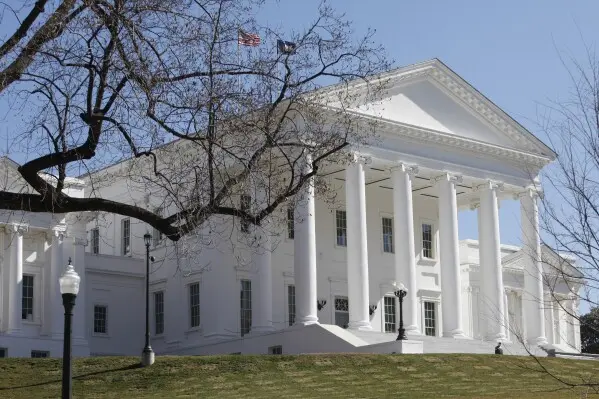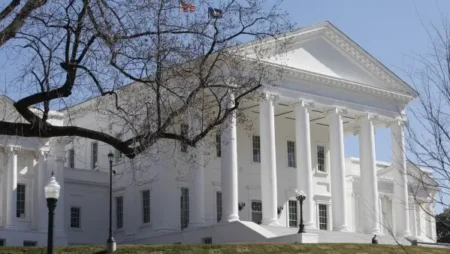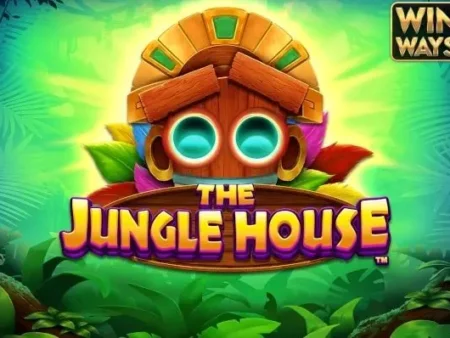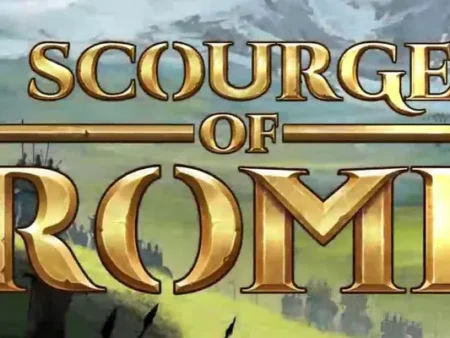

The Senate of Virginia has rejected the petition from Governor Glenn Youngkin to amend the current Skill Games Bill by including the regulation and taxation of skill-based games that are operational in various public places such as convenience stores, restaurants, and truck stops.
The vote went 34-6 by the General Assembly on April 17, effectively rejecting the governor’s stricter amendments to the bill. As a result, the legislation is back on Gov. Youngkin’s desk in its original form.
A Brief History of the Skill Games Bill
Back in 2020, Virginia’s Skill Game Ban was passed. However, this ban wasn’t put into action until July 2021. This was due to the legislators giving the industry initially a one-year grace period following the closures due to the COVID-19 pandemic.
The ban got postponed for almost two years after the Skill Game Industry began to lobby against the ban in court. However, the Virginia Supreme Court reinstated the ban in late 2023, and in 2024, Gov. Youngkin proposed some amendments into the Skill Games Bill that include imposing a higher tax rate on the machines, more regulatory safeguards and stricter geographic limits that would effectively ban the machines in most of the state’s metropolitan areas. Majority of the skill game operators, specifically local store owners, deemed such additions to the bill unfavorable.
This came to a head when local stores and establishments that provided Skill Games machines to halt their operations as a protest to the said SB 212 Bill amendments. The two-day strike started on April 15 and was done by the Virginia Merchants and Amusement Coalition. Over 500 businesses stopped issuing Virginia Lottery tickets during that day, until April 16.
The two-day protest was done by local businesses to demonstrate the economic impact their closures could have on the lottery and the tax revenue they produce for the state.
What’s the Future of Skill Games in Virginia?
Since SB 212 has been rejected, the governor could veto the bill, which will render all skill machines illegal in the state, by a ban enacted under former Gov. Ralph Northam. One of the main contention points about the ban is the resemblance of skill games to slot machines, and the question of whether the games require “skill” prompted the ban.
A compromise on the bill could also be negotiated during a special session planned for later this spring.
Senator Aaron Rouse sponsored the skill games legislation (SB 212), supporting Virginia small businesses. Most of these businesses depend on operating skill game machines, so their revenue remains critical.
“I recognize that this bill faces an uncertain future if it goes back to the governor’s desk. But … I stand with small businesses in every corner of our commonwealth urging the governor to do right by small businesses and sign this bill,” Rouse added.
Meanwhile, Senator Bill Stanley, R-Franklin, a skill game supporter, encouraged the crowd to keep up the fight,
“Hopefully cooler heads prevail both in the governor’s office and here in the legislature… I think ultimately a solution for the budget and for skill games is in the works.”
Sen. Stanley is a lawyer who has done work for Pace-O-Matic, a major skill game company lobbying for the legalization bill.
Governor Youngkin’s office responded that they are open to revisiting the geographic limits skill game backers took issue with, but are still hoping for discussing possible improvements to the amendments Gov. Youngkin has lobbied.
Youngkin spokesman Christian Martinez stated that the governor’s concerns with the bill remain and his amendments addressed those concerns.
“He is open to continuing discussion to alleviate issues with both perimeter provisions,” Martinez added.
Are Online Casinos Legal in Virginia?
Virginia legislators are still trying to legalize online casinos within their jurisdiction. However, while support for its legalization is garnering steam, those who oppose such legislation are just as strong.
In contrast, West Virginia has allowed all forms of gambling, including online casinos. The Mountain State is part of the USA states that have legalized online casinos.
Last Updated on by jonathan r













